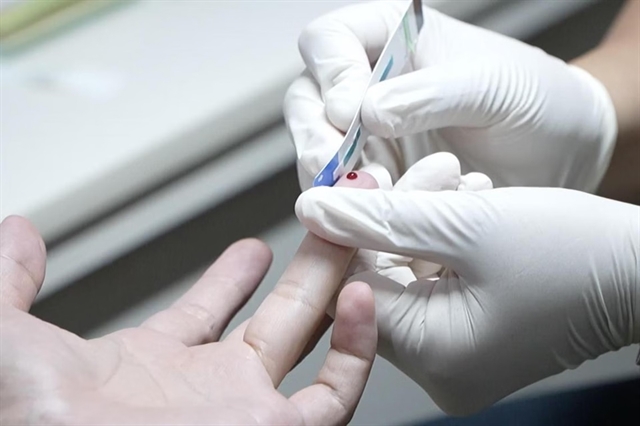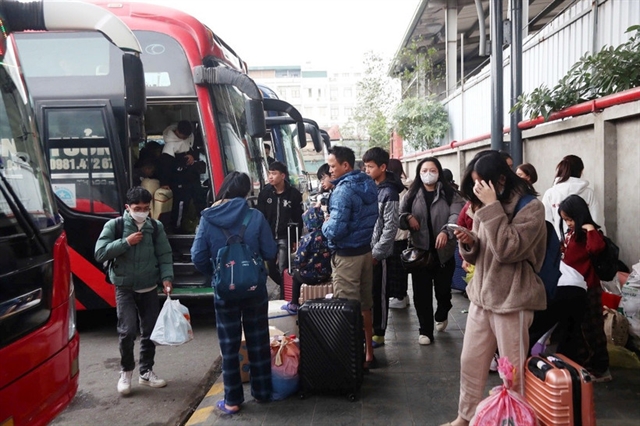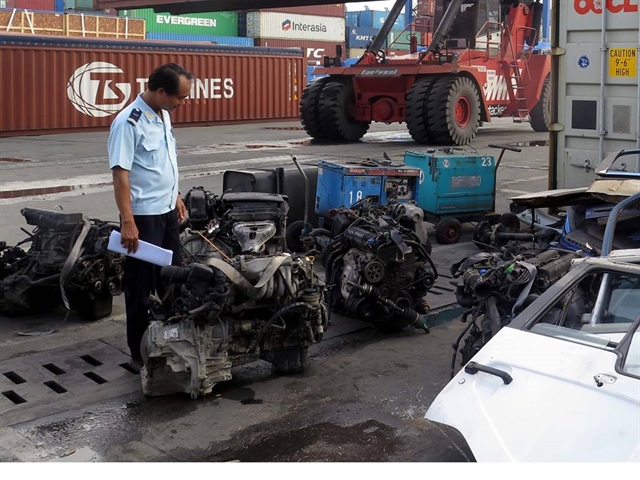 World
World

 |
| The total number of Singapore residents known to be living with HIV was 7,137 as at end-2024. — THE STRAITS TIMES/ANN Photo |
SINGAPORE — The number of people newly diagnosed with human immunodeficiency virus (HIV) in Singapore fell to 151 in 2024, down from 209 in 2023.
It marks the first time since 1998 – when 199 new cases were registered – that new HIV diagnoses dropped below 200.
The total number of Singapore residents known to be living with HIV was 7,137 as at end-2024.
The number of new HIV cases diagnosed yearly in Singapore has been gradually declining, ranging from 300 to 500 a year between 2009 and 2019, to 200 to 250 annual cases from 2020 to 2023.
According to the latest data released by the Communicable Diseases Agency on May 20, of the 151 new HIV cases diagnosed in 2024, 93.4 per cent – or 141 – were male, including five teens aged 15 to 19.
More than half (51.7 per cent), or 78 of all new cases in 2024 were diagnosed at a late stage of infection when the patients underwent medical treatment for HIV-specific symptoms or non-HIV related medical conditions.
Similarly, in 2023, 51.2 per cent – or 107 out of 209 cases – involved late-stage diagnosis.
Of the new HIV cases in 2024, 27 (17.9 per cent) were detected during routine HIV screening for individuals with sexually transmitted infections, hospital inpatients and those identified through contact tracing.
Another 24 (15.9 per cent) were discovered from self-initiated HIV screening and these were at the early stage of infection.
Sexual intercourse remains the main mode of transmission, accounting for 96 per cent of the cases.
Heterosexual transmission accounted for 38.4 per cent (58 out of 151) of all cases. Slightly more than half (50.3 per cent) of the cases involved men who have sex with other men, and 7.3 per cent involved bisexual men.
A higher proportion of this group – men who have sex with other men, including bisexual men – had their HIV infection detected through self-initiated HIV screening, compared with cases attributed to heterosexual transmission.
Those who are diagnosed and receive treatment in the early stage of the disease have a good chance of having a normal lifespan. The Singaporean government subsidises treatment for Singaporeans and permanent residents.
A total of 9,691 people in Singapore have been diagnosed with HIV since 1985. Of that number, 2,554 have died. — THE STRAITS TIMES/ANN




